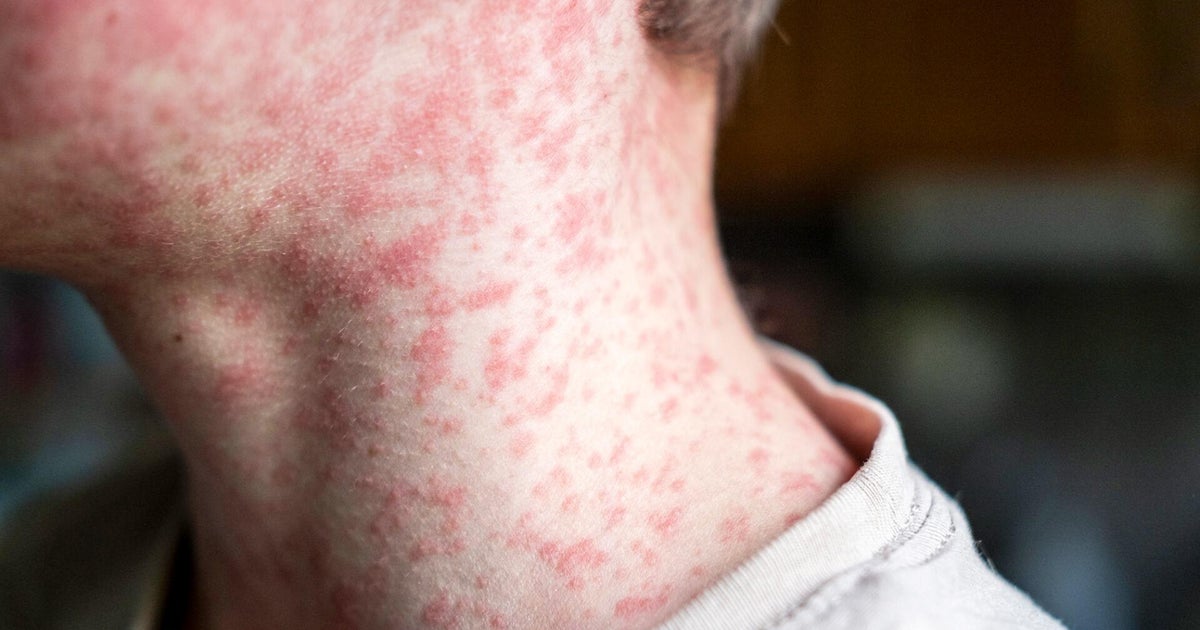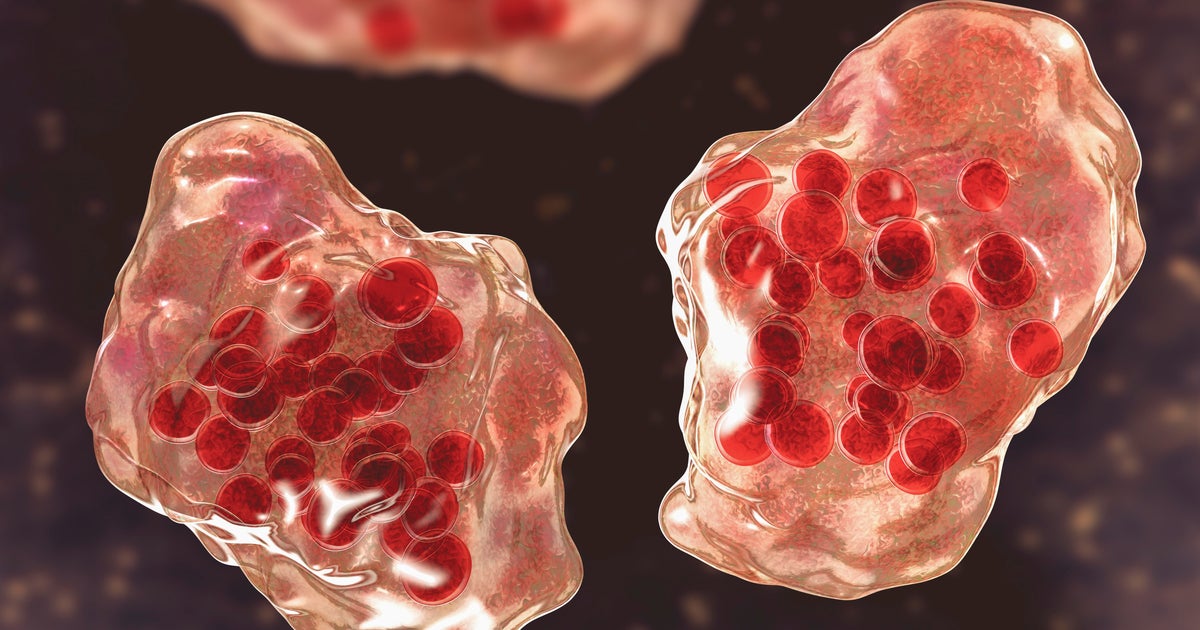Some Perplexed By CDC Guidelines, Seeming To Shift To Less COVID-19 Testing
MINNEAPOLIS (WCCO) -- From the very start of the COVID-19 pandemic the push was on for wider mass testing with quicker results. Medical experts widely agree that only through mass testing can sources of the virus be identified and isolated.
But suddenly, the Centers for Disease Control and Prevention is reversing course and changing the testing criteria for those who may have been exposed.
"A lot of us are surprised. It just sort of happened and came out of the blue," Hennepin Healthcare physician, Dr. Caitlin Eccles-Radtke, said.
Not only is the CDC's new testing policy confusing to the public, but doctors too. Eccles-Radtke sets testing criteria at Hennepin Healthcare.
"With COVID, people can be positive and contagious without having symptoms, so the recommendation to only test people with symptoms seems like we would be missing a lot of people potentially," Eccles-Radtke said.
The CDC is changing criteria for those exposed to COVID-19. Previously it recommended anyone who was in the company of a COVID-19 positive person to get a test. Suddenly, it is telling them not to get tested unless they're medically vulnerable or showing symptoms.
"I must say this dumbfounds me more than anything I've ever seen," epidemiologist Dr. Michael Osterholm said.
Those are strong words coming from someone who has devoted 45 years of their professional life studying infectious disease and prevention. Osterholm says there's good evidence the decision was ordered by the administration's Department of Health and Human Services and is not scientifically based.
He says with an estimated 40% of COVID-19 cases in asymptomatic carriers, not getting them tested will only hurt efforts to tame the outbreak.
"It makes no sense from a standpoint of disease prevention and for that matter the messaging. That is we need to deal with this as a matter of science and not a matter of politics," Osterholm said.
The CDC does say state and local health agencies can recommend otherwise.
"I truly think I'm going to leave things as they are because I don't know that narrowing testing criteria is the right thing to do from a public health standpoint at this time," Eccles-Radtke said.







